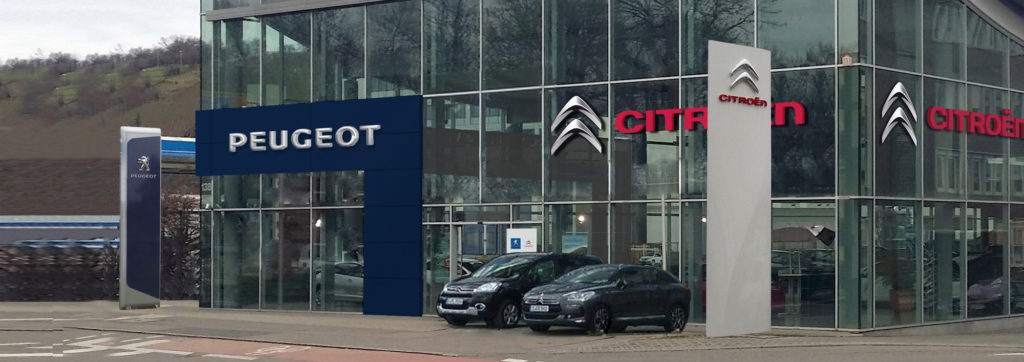PSA Group CEO defends Opel deal while projecting brand losses
12 May 2017

12 May 2017
Carlos Tavares, CEO of PSA Group (Peugeot Citroën), has defended the company’s acquisition of Opel at its annual general meeting (AGM) in Paris, as he gave shareholders their first look at plans to turn the ailing brand around under his group’s stewardship.
At the event, Tavares noted that the agreement, which was announced on 6 March 2017, would increase PSA’s European sales by around 50% and push the company into second on the list of the continents biggest manufacturers, behind Volkswagen and ahead of fellow French manufacturer Renault.
Such a scale will help to boost PSA by providing a solid European base which the company can use for global expansion, while also helping to increase funding on research and development by up to 50%.
The deal, which is still pending final confirmation, will not instantly turn around the fortunes of Opel and its British arm Vauxhall, which has suffered from consecutive years of losses under General Motors ownership. Tavares expects the brands to lose money again in 2017, however PSA is in a position to stem such losses and find synergies with PSA’s Peugeot and Citroen brands by 2026 to aid financial recovery.
He told the meeting: ′We have to admit that the losses are real and they will continue to be real in 2017. Very good things have been done by Opel under the leadership of General Motors. This situation at Opel resembles very closely the PSA situation in 2013, and this gives us confidence. We are ready to help this company recover and turn around.’
PSA has already been helping to develop Opel vehicles, including the Crossland X and Grandland X SUVs as well as a new light commercial vehicle (LCV). Opel has also confirmed that the next-generation Corsa, due to launch in 2019, will use PSA technology. Just 45% of components in Opel vehicles were sourced from Europe, while at PSA this figure is 92%, leaving plenty of room for synergies and shared costs.
Commenting on this, Tavares said: ′This is a good auspice for the future, because the three vehicles already represent 20% of Opel volume, [as well as] all the efficiency and productivity of the PSA group.’
PSA also cleared a procedural hurdle with its purchase of Opel and Vauxhall as well as GM’s European financing arm, as shareholders approved arrangements to issue warrants as part of the payment to GM. The warrants, which had a value of €670 million when the deal was announced, will convert to PSA shares no earlier than five years from the conclusion of the deal. In addition, PSA will pay €1.1 billion euros in cash to GM.
The acquisition is scheduled to be completed toward the end of this year, pending scrutiny by European antitrust regulators. PSA has said it expects to win approval.
Also at the AGM, shareholders voted to accept Tavares’ 2016 and 2017 salary of €4.7 million, including a base pay of €1.3 million and the rest in performance bonuses and equity. This is a drop from 2015, where he earned €5.2 million and earned criticism from then economic minister, and now president-elect, Emmanuel Macron, who described it as excessive, while acknowledging the executive’s role in reviving PSA’s fortunes.
Finally, discussing the company’s fortunes in foreign markets, an area it hopes to build on now it has a larger share of the European sector, Tavares took a question from the floor on PSA’s recent troubles in the Chinese market, where sales have fallen by double digits two years running. He commented: ′Our performance in the Chinese market does not meet expectations. We’ve lost market share, we’ve lost profitability. Our speed of adaptation is insufficient to react to domestic competitors who have improved design and product.‘
Photograph courtesy of PSA Group